Does Switzerland still punch above its weight ethically?
The moral stature of Kofi Annan, the former UN Secretary General who died on Saturday, and his association with Geneva and Switzerland raise the question of Switzerland’s moral stature as well.
The Alpine country is often said “to punch above its weight”, that despite its small size it has a disproportionate influence in world affairs. This means both in finance as well as being the human rights and humanitarian center of multilateral diplomacy.
Canadian author and politician Michael Ignatieff asked: “How do we explain Kofi Annan’s enduring moral prestige?” The same question could be asked about Switzerland, especially in the light of a recent decision by the Federal Council concerning nuclear weapons.
Last week, the Federal Council decided not to sign The Treaty on the Prohibition of Nuclear Weapons. Arguing that the treaty is largely symbolic – none of the nine countries known or believed to possess nuclear weapons (United States, Russia, Britain, China, France, India, Pakistan, North Korea and Israel) supports the treaty – the Swiss government said the reasons not to sign outweighed the benefits.
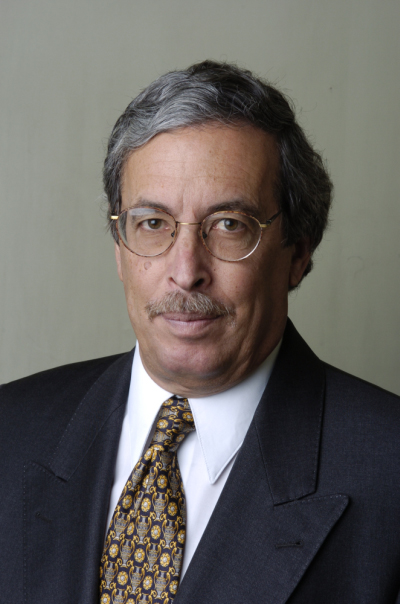
A report by the Swiss foreign affairs ministry written prior to the Council’s decision scrupulously detailed the pros and cons of signing. According to Marc Finaud of the Geneva Center for Security (GCSP), “the report is very detailed. All aspects of the treaty are analysed, whether they be legal, humanitarian, military, political or economic”.
What about moral? What about Switzerland’s punching above its weight ethically? Isn’t that what made Kofi Annan so unique? Isn’t that why Switzerland was so proud when the Nobel Peace Prize was awarded to the Geneva-based International Campaign to Abolish Nuclear Weapons (ICAN) in 2017?
Hypocritical
A representative of ICAN had the following comment about the Federal Council’s decision: “If Switzerland does not sign this treaty, people will question our status as a champion of humanitarian rights and disarmament. I think [failure to sign] would undermine our credibility in this area,” said Beatrice Fihn during an interview.
The Norwegian Nobel Committee said of ICAN: “The organisation is receiving the award for its work to draw attention to the catastrophic humanitarian consequences of any use of nuclear weapons and for its ground-breaking efforts to achieve a treaty-based prohibition of such weapons.” The government’s refusal to sign the treaty after basking in being host to the prize-winning organisation now appears more than hypocritical.
Attempts to ban nuclear weapons are not new. The International Court of Justice (ICJ) rendered an advisory opinion on the legality of the threat or use of nuclear weapons in 1996 following a request by the UN General Assembly and the World Health Organization. In a most controversial decision, the Court said: “The threat or use of nuclear weapons would generally be contrary to the rules of international law applicable in armed conflict, and in particular the principles and rules of humanitarian law.” There was no question for the Court that nuclear weapons were contrary to humanitarian law.
The Court continued: “However, in view of the current state of international law, and the elements of fact at its disposal, the Court cannot conclude definitively whether the threat or use of nuclear weapons would be lawful or unlawful in an extreme circumstance of self-defence, in which the very survival of a State would be at stake.”
The competing principles of humanitarian law and state survival (raison d’état) led to a split seven-to-seven ICJ decision. Notice that the only justification the seven judges could find for the threat or use of nuclear weapons was in the case of extreme self-defence, the survival of the state itself. All other justifications were not acceptable, according to the Court.
Pandora’s box
Judge Koroma rejected the self-defence argument and the use of nuclear weapons in his dissenting opinion. “The right to self-defence is not a licence to use force; it is regulated by law and was never meant to threaten the security of other states.” In other words, the right of self-defence cannot be an open Pandora’s box allowing states to do whatever they think necessary for their survival, certainly not illegally using nuclear weapons.
Kofi Annan was admired as a mediator. In responding to a journalist’s question about trying to convince a ruler to lower his government’s use of violence, he asked; “What else can I do? I don’t have any troops.” The United Nations has no army. Annan’s attempt to convince the ruler was based solely on his moral authority.
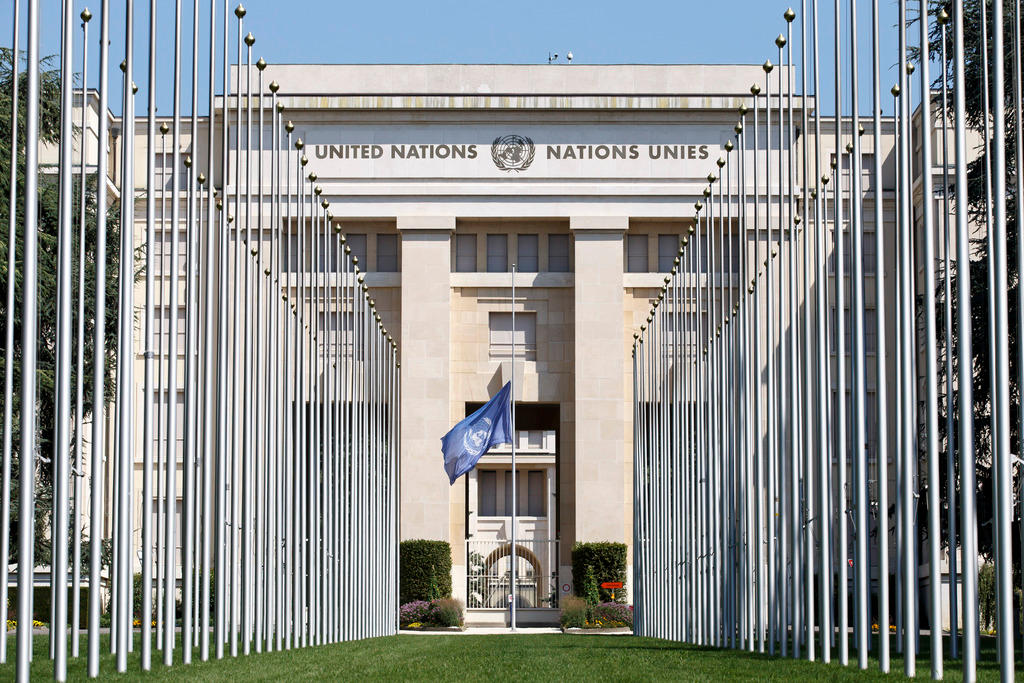
More
UN flag in Geneva at half-mast for Kofi Annan
Geneva is properly at the forefront of Switzerland’s foreign policy. Human rights, humanitarian law and hosting the conference on disarmament are integral parts of Switzerland’s punching above its weight. Noble Peace Prize winners like Kofi Annan and ICAN are globally associated with Geneva and Switzerland. The recent decision by the Federal Council erodes that moral authority and lowers whatever weight class Switzerland competes in.
The views expressed in this article are solely those of the author, and do not necessarily reflect the views of swissinfo.ch.
Opinion series
swissinfo.ch publishes op-ed articles by contributors writing on a wide range of topics – Swiss issues or those that impact Switzerland. The selection of articles presents a diversity of opinions designed to enrich the debate on the issues discussed.

In compliance with the JTI standards
More: SWI swissinfo.ch certified by the Journalism Trust Initiative
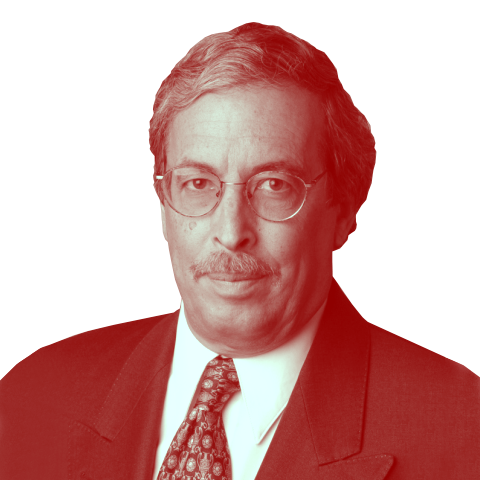
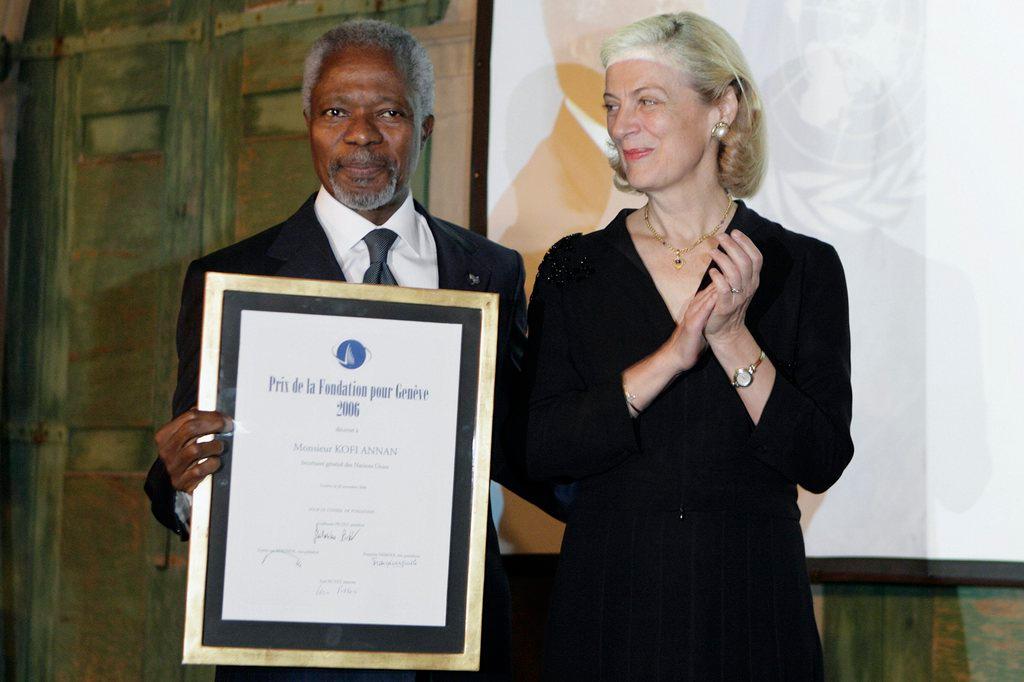
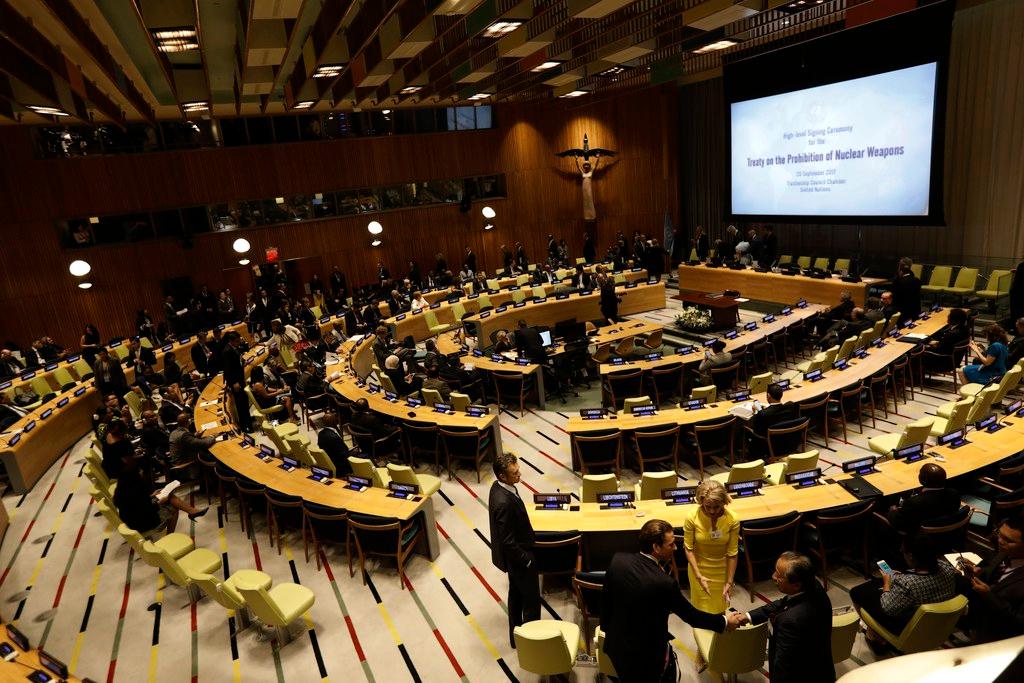
You can find an overview of ongoing debates with our journalists here. Please join us!
If you want to start a conversation about a topic raised in this article or want to report factual errors, email us at english@swissinfo.ch.